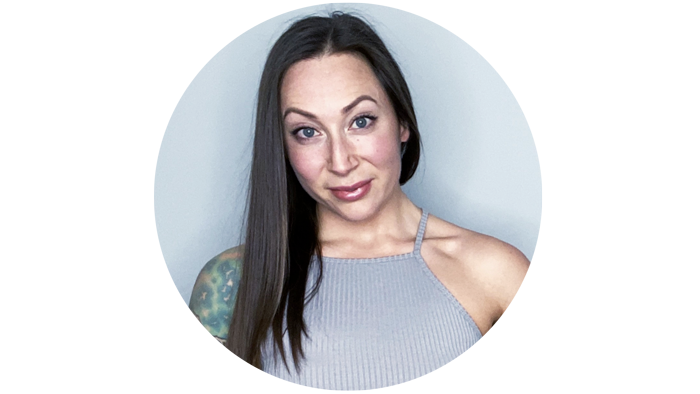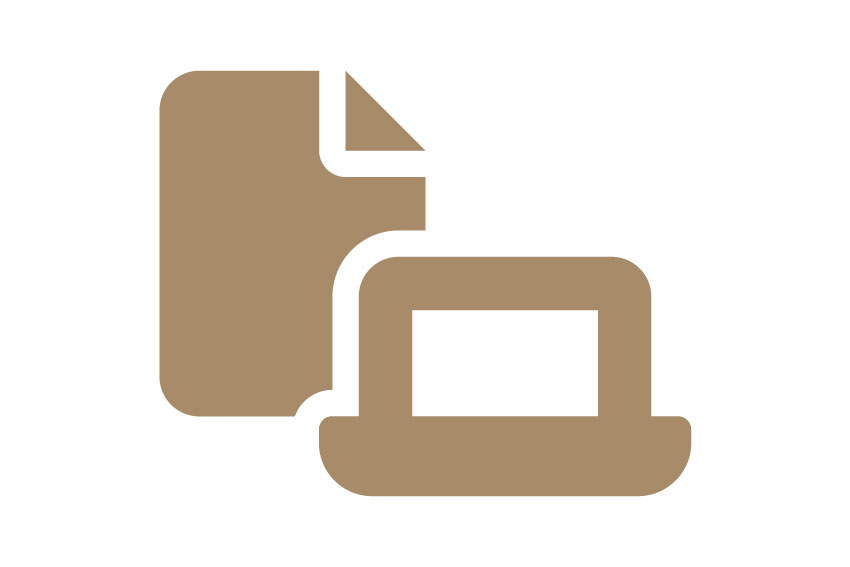Institute of Performance Nutrition
Practice makes perfect
Our diploma sits at the same learning level on the education pyramid (EQF Level 7) as a master’s degree in sport and exercise nutrition – but our course is very different.
We’ll teach you the latest sports nutrition science, but from day one we’ll train you to apply it in real world scenarios through 39 case studies with different athletes and team sports.
This page will explain the differences between our diploma and most master’s degrees so you can choose the best course for you, depending on your career goals.

Scroll or click a logo to jump to a section

Knowledge
Our three-step learning formula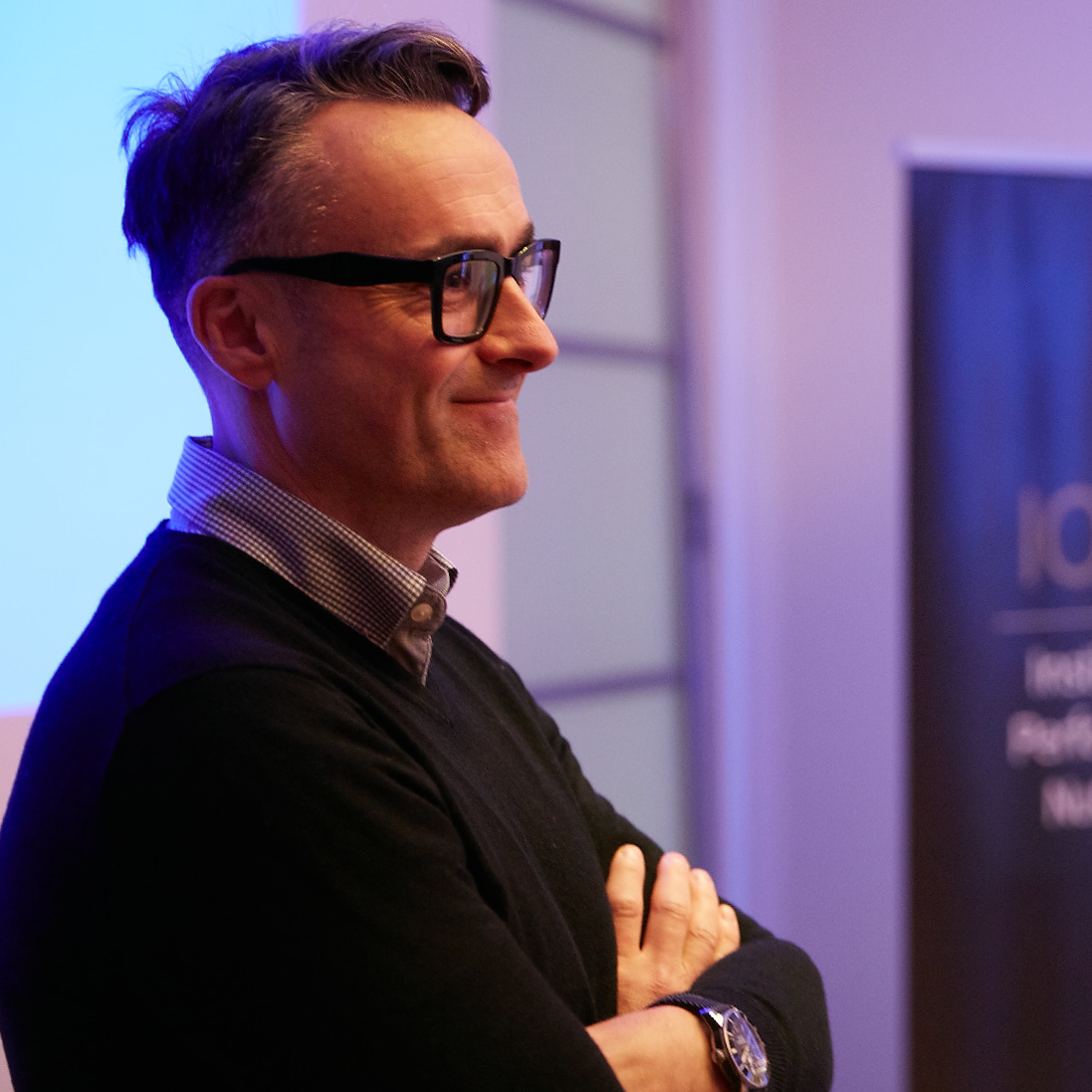
Why did we create this course?
IOPN Founder, Dr Laurent Bannock, created this course based on the findings of his PhD: ‘Bridging the gap between science and practice in sport and exercise nutrition’.
His aim was to create a course that taught students advanced sports nutrition science but also how to transfer that information into real-world coaching situations – something he felt was missing on many advanced courses.
He also used the knowledge and skills he’s gained from a 20+ year career working as a Sports Nutritionist with Olympians, Premier League footballers and international sports teams to shape your course content.
What level is this course?
Our diploma and master’s degrees in sport and exercise nutrition are both classed as EQF Level 7 qualifications – but what does this mean?
Put simply, the two courses are at the same advanced learning level, but are focused on teaching you different things and are structured in a different format.
And, if you’re wondering what EQF (European Qualifications Framework) is – it’s simply a framework for learners and employers to compare the difficulty level of qualifications between different countries’ education systems.
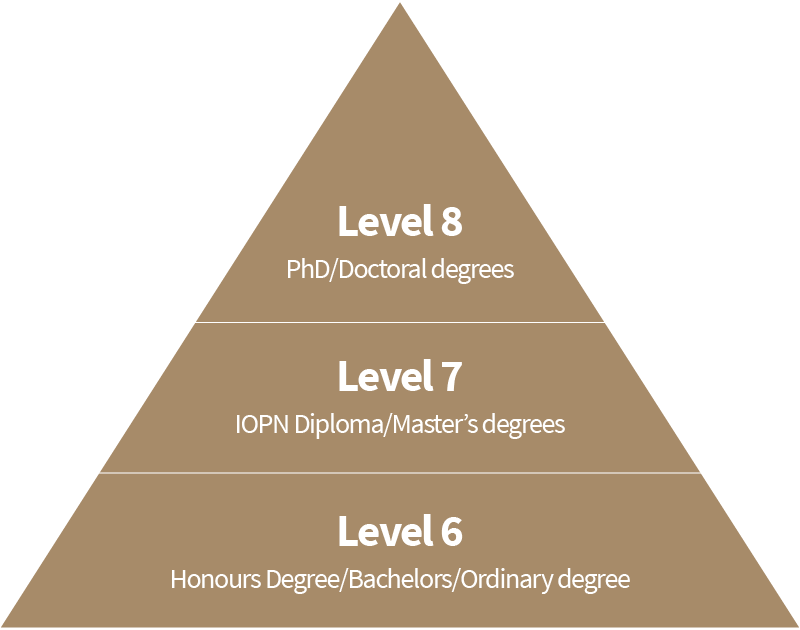
Our three-step learning approach
Our approach to teaching is focused on science-based methods that enhance a student’s ability to understand the learning material as it relates to its application in the real world.

Recall tests, multi-choice quizzes and retrieval practice flashcards
These methods will improve your memory of the information learned. Critical thinking and problem solving require a foundation of accurate memorised knowledge and intuitive judgements to be performed quickly.
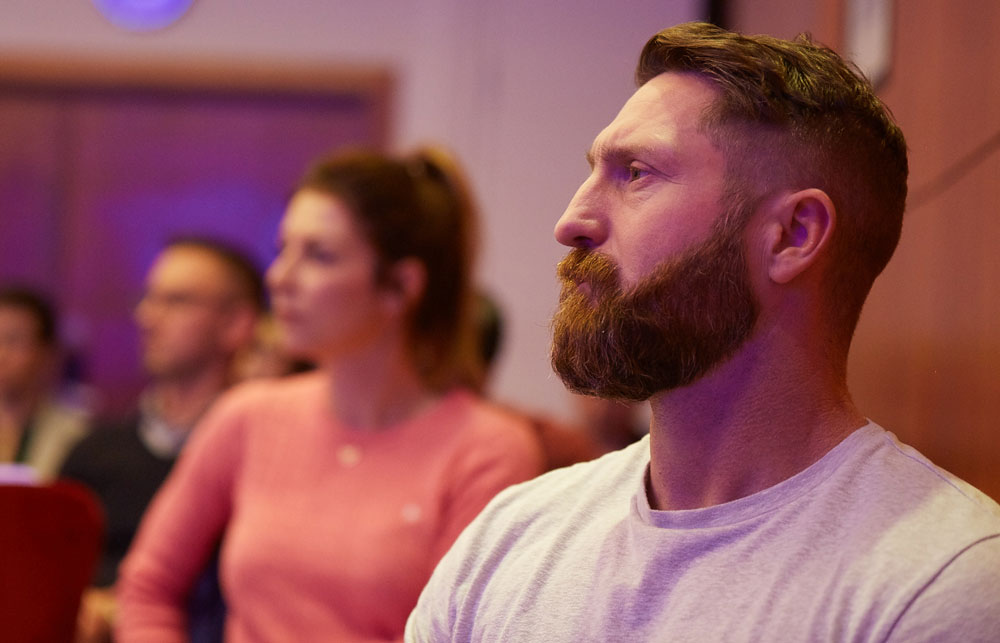
Reflective journals and class-wide discussions
These assessments are designed to enhance your critical thinking skills and awareness of your own thought processes, so you learn when and how to use certain strategies for problem solving.
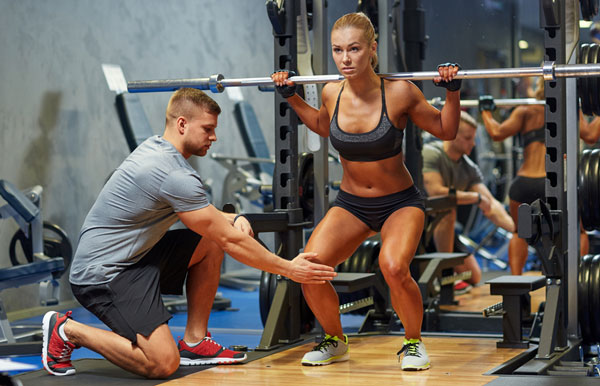
Case-based scenarios
Case-based learning explores topics below the surface of mechanisms and definitions. By placing them in various real-world contexts you'll learn how to apply the course learnings with athletes in real world settings.
Hone your coaching skills
When you finish this course, we want you to be confident and skilled enough to start working as an advanced Sports Nutritionist with any individual or team from elite to amateur level.
You’ll achieve this level of competency by completing 39 real-world case studies, in which you apply the latest science from leading academics into sport and exercise situations.
If you study another advanced course you will develop some practical skills, but our diploma is more heavily focused on training these real-world skills from day one until graduation.
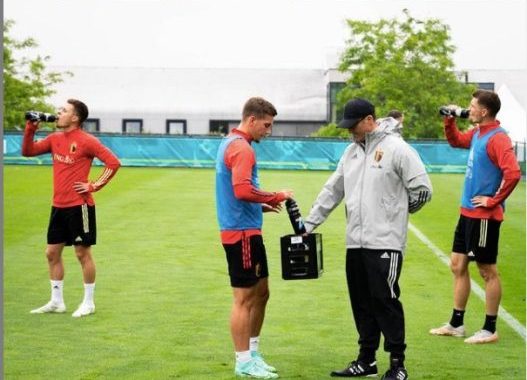
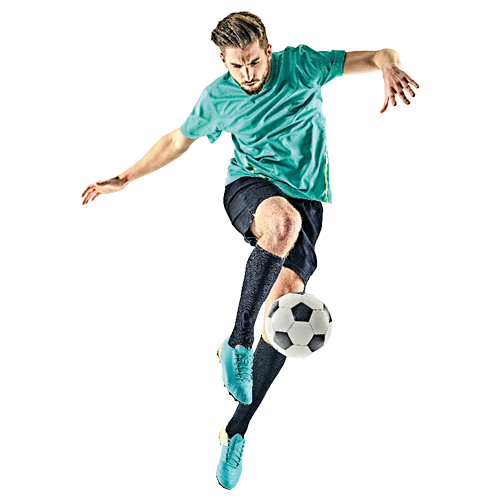
A professional male soccer player
Advise the athlete on how to keep a reliable, accurate food record and analyse the athlete's logged data.
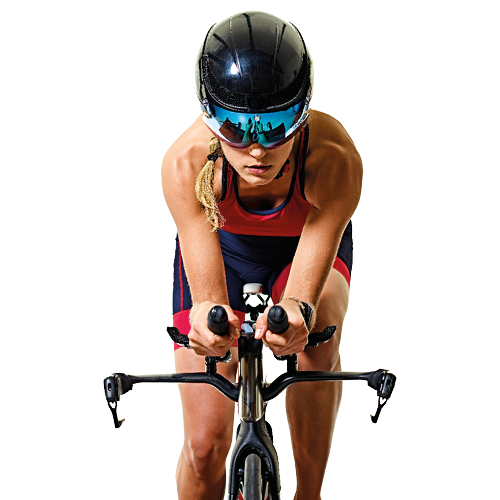
A female competitive triathlete
Determine which nutrients and non-nutrients may be causing the athlete gastrointestinal issues during exercise and devise a meal plan to alleviate symptoms.
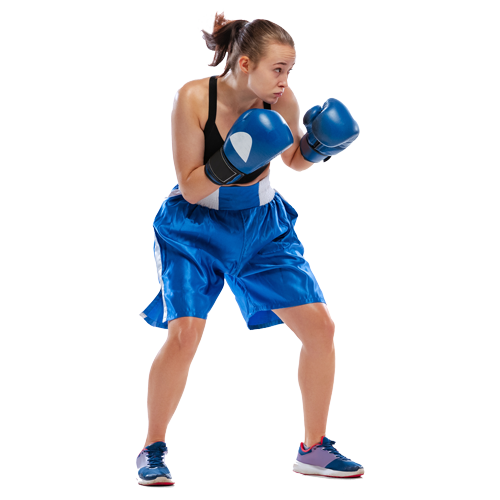
A female professional boxer
Propose healthy eating guidelines aligned to the athlete’s training when eating out of the home and develop strategies to increase autonomy in meal planning and nutrition decisions.
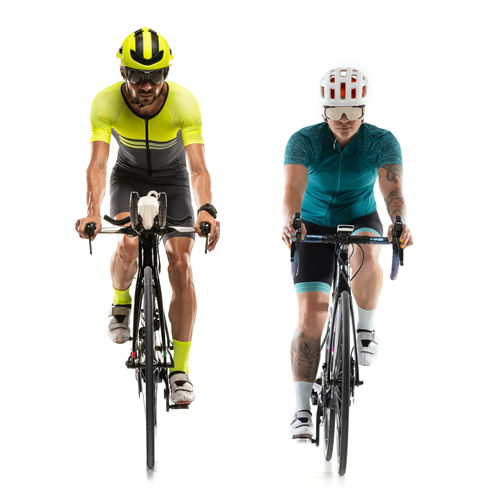
A group of male and female elite road cyclists
Determine the energy availability of cyclists using different proxy measures of energy status
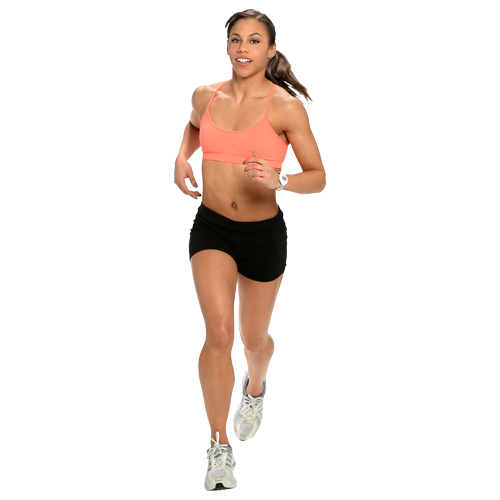
A female marathon runner (portfolio assignment)
Provide instructions that enable an athlete to record their dietary intake accurately and propose nutritional strategies to ensure nutritional adequacy when adopting a vegan diet. Produce a comprehensive client report and analysis of the athlete. Propose a nutrition strategy for the athlete that supports their health and performance.
Practical skills you’ll learn
To give you a flavour of our course content this is a selection of just some of the practical skills you'll learn.
Dietary record
Instruct an athlete on how to maintain a dietary record in practice and evaluate the accuracy and reliability of a completed food log.
Bespoke nutrition plan
Create a bespoke nutrition plan for an athlete that reduces the risk of gastrointestinal symptoms during exercise.
Food label instructions
Propose food label instructions to fulfil healthy eating or sports nutrition guidelines when athletes shop at the supermarket.
Educational resources
Create educational resources for athletes that help them adhere to sports nutrition recommendations when dining out of the house.
Client reports
Create a detailed client report and nutritional analysis from a comprehensive nutritional assessment.
Weight loss
Estimate how much weight an athlete will need to lose to reach their body composition objectives and establish a nutrition strategy to get there.
Injury rehab
Understand how to develop a nutritional programme for an injured athlete.
Behavioural techniques
Identify and implement behavioural techniques that facilitate nutritional recommendations.
Which course is best for you?
We’ve created a table to summarise some of the key differences between our diploma and a master’s degree in sport and exercise nutrition.
| The IOPN Diploma | Master’s degree | |
|---|---|---|
| Qualification level | EQF Level 7 | EQF Level 7 |
| Duration | 12-18 months | Two years |
| Online/in-person | 100% online | In person/ online |
| Sports specific modules | 5/5 | 2/5 |
| One-on-one tutor | Yes | No |
| Practical focus | 39 case studies | One module |
| Cost | £3750 + VAT | £9000 (UK) £14,000+ (EU/INT) |
Book a call with a tutor
If you need more information about our course, we’d love to talk to you and give you the answers you need.
Choose a time slot on the calendar to book a video or phone call and we can discuss your career goals and answer any questions you have, so you can make the best decision for your future.
Alternatively, you can email IOPN tutor, Nina Walker, (nina@theiopn.com) and we’ll answer your questions over email.
